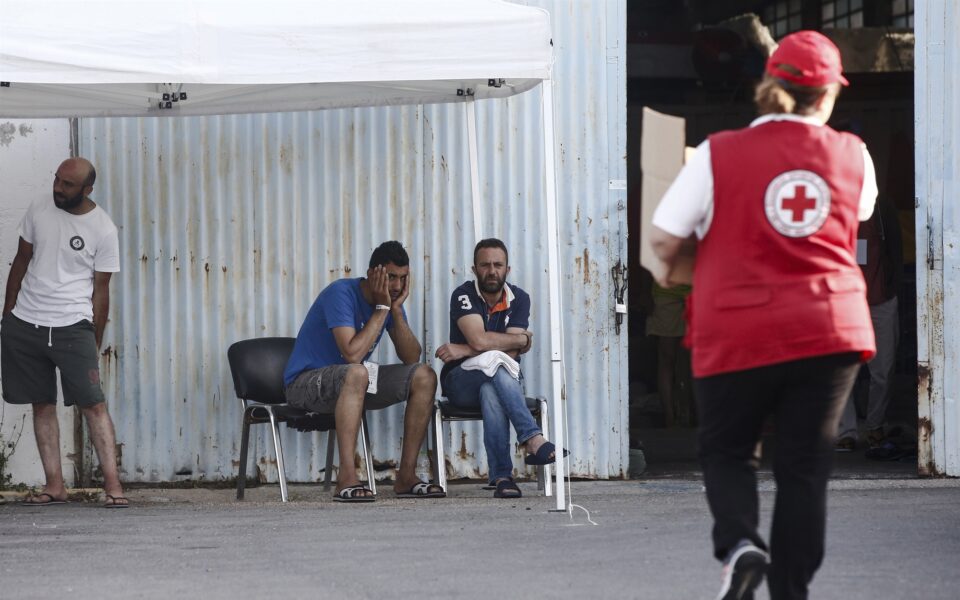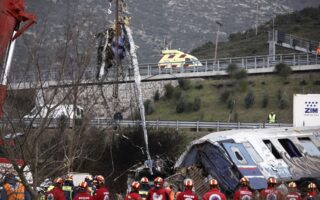The EU’s greatest failure

Sadness, anger, disgust. The statements from European agencies and officials reacting to the deadly wreck off the coast of the southwestern Peloponnese, which is believed to have cost the lives of hundreds of people – will we ever know exactly how many? – have been emotional, made up of words that have been carefully chosen to express the public’s shock, but also to cover up their failure to effectively deal with a problem that has been persistently knocking at Europe’s door for several years.
The management of refugee and migrant inflows is widely admitted as being one of the European Union’s most resounding failures, an issue that constantly tests the potential of cohesive policy-making, the limits of solidarity and consensus among member-states on certain basic principles and values, which, in “civilized Europe,” should be regarded as non-negotiable.
Packing hundreds of people onto large, unfit vessels is the rackets’ ‘response’ to the floating fences created at first-entry countries
For years now, and especially since the big refugee-migrant crisis of 2015, the European mechanisms of supranational governance appear to have expended their energies on marathon negotiations and months-long balancing acts aimed at finding the exact wording for an agreement that everyone will be satisfied with. The end result of all this is always a series of half-measures and ineffective efforts to cut the Gordian knot. And every negotiation cycle is followed by a new one in order to address the decisions taken earlier which proved ineffective.
The same is the case with the most recent agreement, at the ministerial level, for “flexible solidarity.” Here is yet another term that is being used to cover up the EU’s failure to find an acceptable policy mix for dealing with migration. And like other efforts before it, it fails both to properly address the issue and to make everyone happy: If the agreement is ratified, it foresees first-entry countries receiving greater financial assistance for the burden they bear, while countries that continue to refuse to host relocated refugees will have to pay around 20,000 euros for each individual they are responsible for. They, of course, have refused to accept this term.
If estimates about the number of people who were aboard the fishing boat that went down off the coast of Pylos are confirmed, and as hopes for finding anymore survivors dwindle, we are looking at one of the deadliest shipwrecks in the Mediterranean Sea. The first reaction was to blame the smuggling rackets. And yes, of course they’re to blame. But packing hundreds of people onto large, unfit vessels is the rackets’ “response” to the floating fences created at first-entry countries, of increased patrols and surveillance aimed mainly at preventing the passage of smaller boats.
Beyond shouting about who is to blame for such tragedies, Europe also needs to present an effective response to the trafficking networks, by strengthening policies curbing their activities at the source, on cooperation with the authorities at the countries of origin, and, mainly, with a clear and cohesive migration policy that grants entry and protection to those who are entitled to it.





